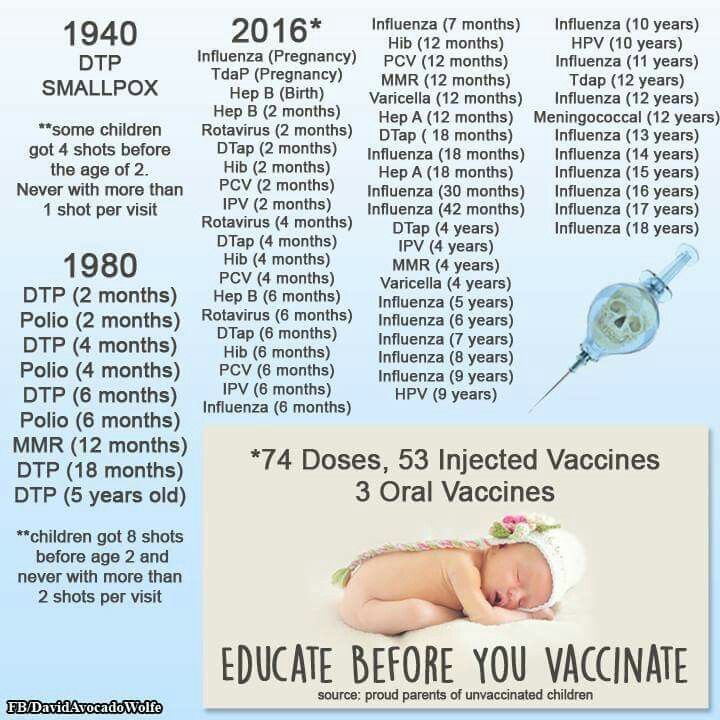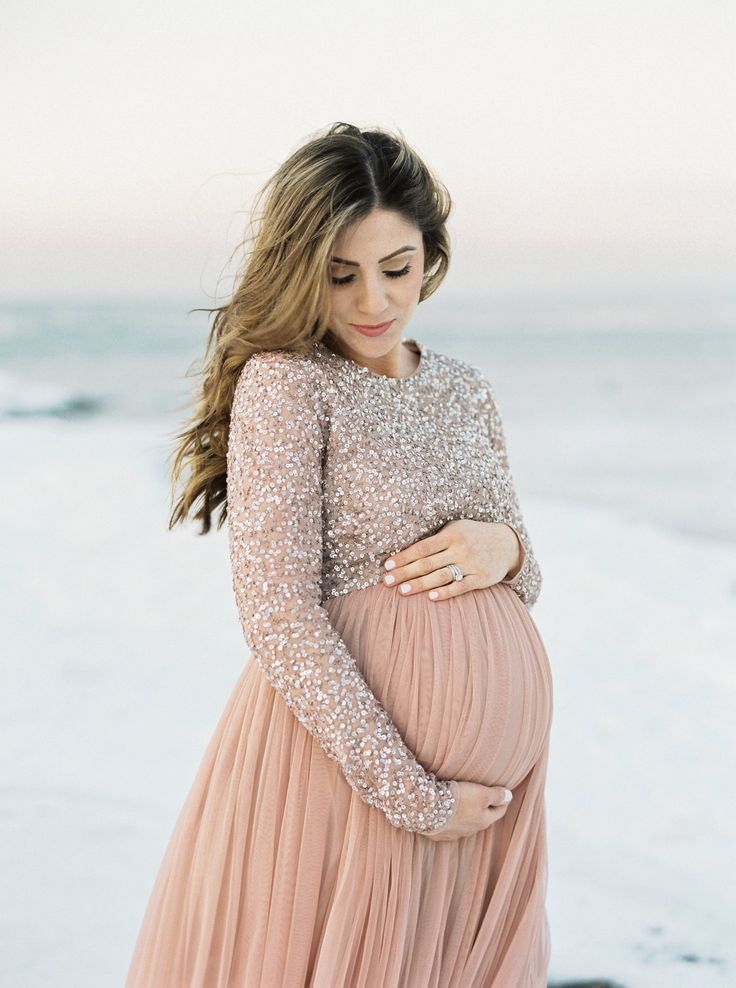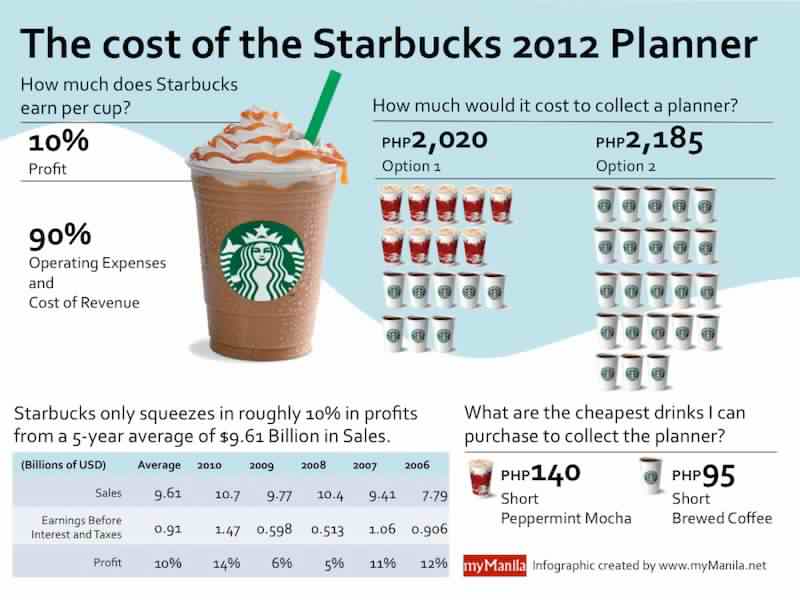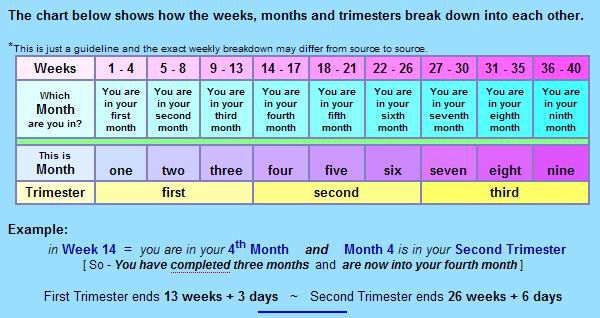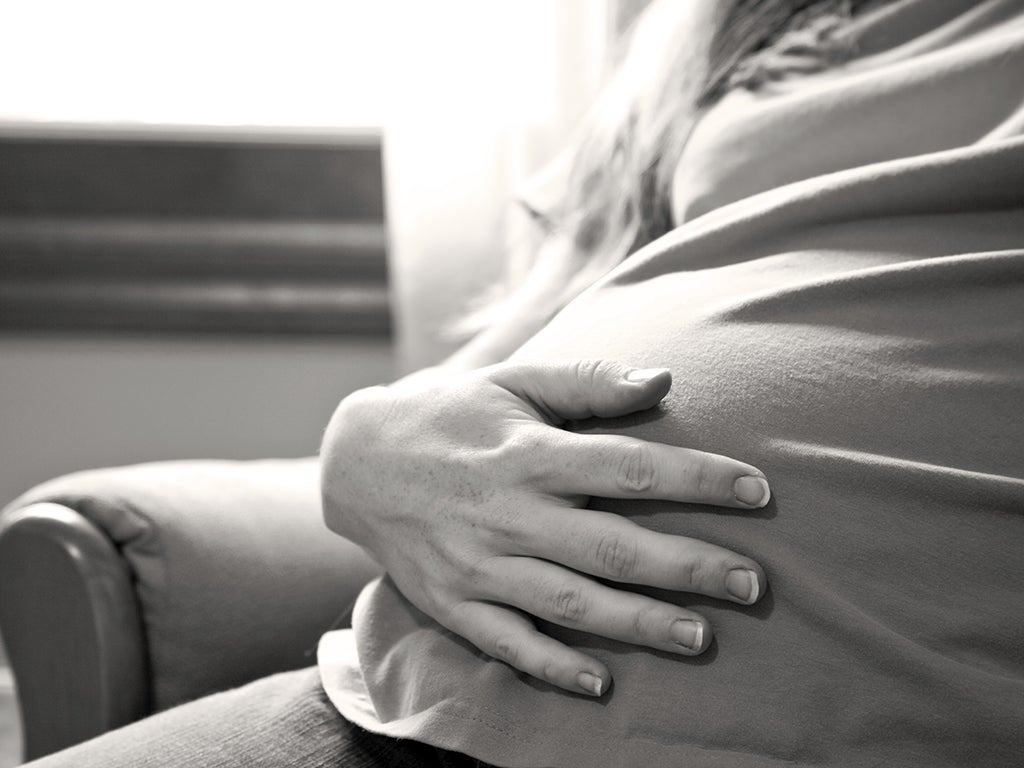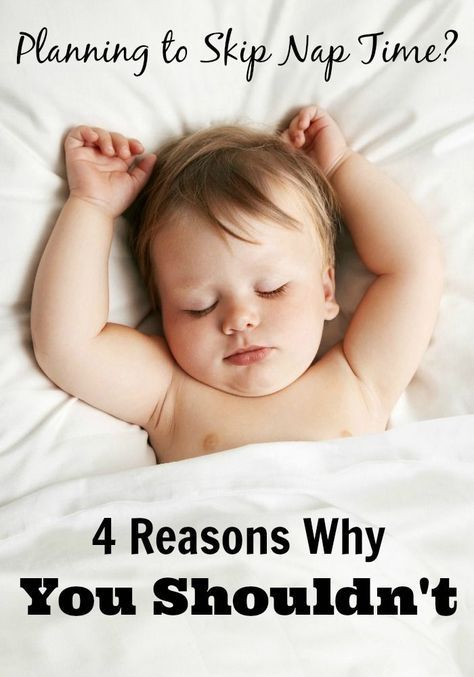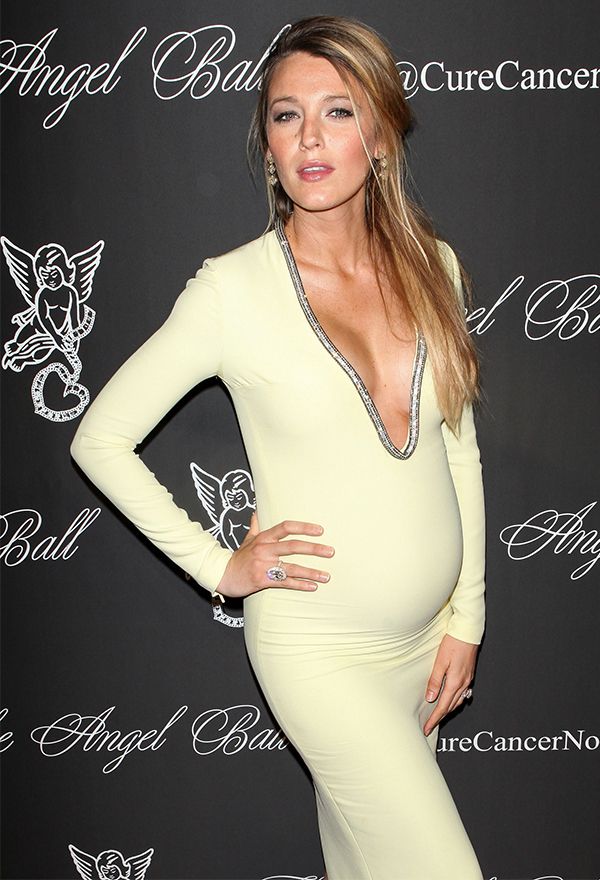How many vaccines does a child get by age 18
2022 children’s vaccine schedule by age
Every year, the Centers for Disease Control and Prevention (CDC) publishes recommended childhood vaccination schedules. Why are schedules created? Because the timing and spacing of immunizations are really important for the best possible protection against preventable diseases.
Kids’ immune systems are more vulnerable to illness and disease, and vaccination schedules are scientifically designed by top infectious disease experts and doctors with this in mind. The goal is to protect kids from vaccine-preventable diseases as early and as safely as possible.
Below, we cover how many vaccines are recommended for children and when, an overview of the current schedule changes, and a list of vaccine recommendations by age group. We also answer questions around COVID-19 vaccines for children and teens.
How many vaccines do kids get if the childhood immunization schedule is followed?
There is a wide range of vaccines – some requiring multiple doses at specific ages and times – that are recommended from birth to 18 years old. Recommended vaccines include:
- Influenza (annual flu shot)
- Diphtheria, tetanus and pertussis (DTaP)
- Tetanus, diphtheria and acellular pertussis (Tdap “booster” for adolescents)
- Poliovirus (IPV)
- Measles, mumps and rubella (MMR)
- Varicella (Chickenpox)
- Pneumococcal (PCV)
- Haemophilus influenzae type b (Hib)
- Rotavirus
- Hepatitis B (Hep B)
- Hepatitis A (Hep A)
- Human papillomavirus (HPV)
- Meningococcal (MenACWY)
- Meningococcal B (MenB)**
**MenB is recommended for specific populations only. If you have questions, ask your child’s doctor.
What changes have been made to the child vaccine schedule in 2022?
For 2022, the pediatric immunization schedule has been updated to include dengue vaccination recommendations for children living in areas with high rates of dengue fever (such as Puerto Rico and American Samoa) who have previously caught it.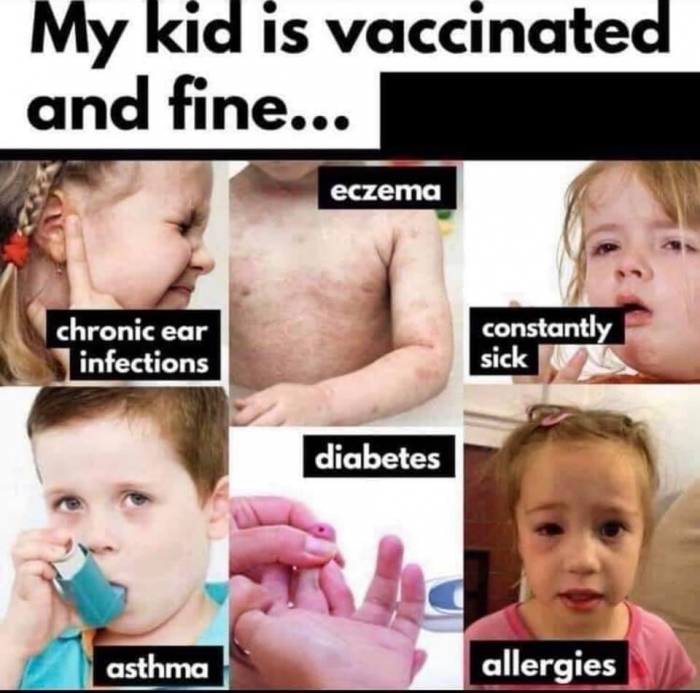 The schedule was also updated to include the latest recommendations for the MMR, varicella and hib vaccines. In addition, information about “special situations” was added for the hep B, HPV and MenACWY vaccines. If you have specific questions about 2022 schedule updates and how they relate to your kid’s vaccination schedule, talk with your child’s doctor.
The schedule was also updated to include the latest recommendations for the MMR, varicella and hib vaccines. In addition, information about “special situations” was added for the hep B, HPV and MenACWY vaccines. If you have specific questions about 2022 schedule updates and how they relate to your kid’s vaccination schedule, talk with your child’s doctor.
The CDC’s Advisory Committee on Immunization Practices (ACIP) meets three times a year to review the latest scientific research and make any necessary changes to the child vaccination schedule. The CDC officially sets the schedule based on ACIP’s recommendations, and the schedule is also approved by organizations like the American Academy of Pediatrics (AAP) and the American Association of Family Physicians (AAFP).
The CDC’s 2022 childhood vaccination schedule: A list of immunizations by age
The flu shot: An annual immunization for children starting at 6 months old
The flu vaccine – or influenza vaccine – may be the most well-known of all immunizations.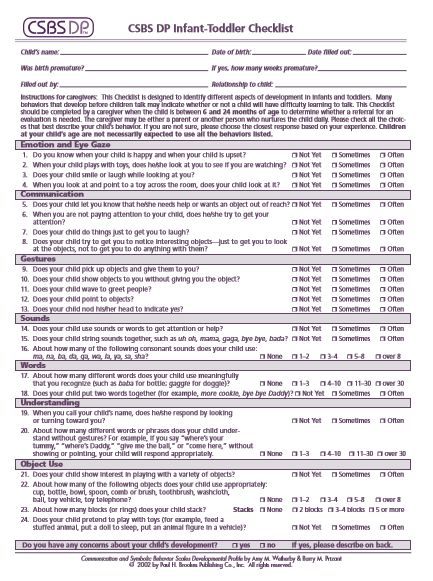 That’s because it’s one of the longest-running vaccines in the United States, with the first of its kind being approved for widespread use in 1945.
That’s because it’s one of the longest-running vaccines in the United States, with the first of its kind being approved for widespread use in 1945.
While influenza viruses circulate year-round, flu cases peak in the fall and winter months nearly every year. Flu shots help protect against the types of influenza viruses that research indicates will be most common that season. That’s why the CDC recommends annual flu shots for everyone by the end of October – including kids 6 months and older.
When children receive their first flu shot, the vaccine is delivered in two doses, given at least one month apart. After that first pair of doses, just one shot is needed each year.
Baby vaccine schedule: Recommended immunizations for children ages 0 to 18 months
When do babies get their first shots? Staying on track with childhood immunizations starts early, with immunizations beginning at birth and coinciding with baby and child wellness schedules.
Remember, baby and child vaccination schedules are made with young immune systems in mind. If you have specific questions about when or why specific childhood vaccines are recommended for your newborn baby, infant or toddler, talk with your child’s doctor.
If you have specific questions about when or why specific childhood vaccines are recommended for your newborn baby, infant or toddler, talk with your child’s doctor.
An overview of immunizations for newborns to 18-month-olds
- Hep B – Many new parents wonder what vaccines are given at birth, and just one "newborn vaccine" is recommended right away: the first dose of hepatitis B. The first dose is recommended early on in case mothers are knowingly or unknowingly hepatitis B positive. The hep B vaccine schedule requires three doses in total. The second dose is recommended when your child is between 1 and 2 months old, and the third dose is recommended between 6 and 18 months.
- Rotavirus – Depending on the manufacturer of the vaccine, your child may need two or three doses of the rotavirus vaccine, with the first dose being given at 2 months old and the second at 4 months old. If needed, the third dose is given at 6 months old. It’s important to note that this vaccine cannot be given after 8 months of age, so following the recommended schedule is especially important to ensure your child is protected.
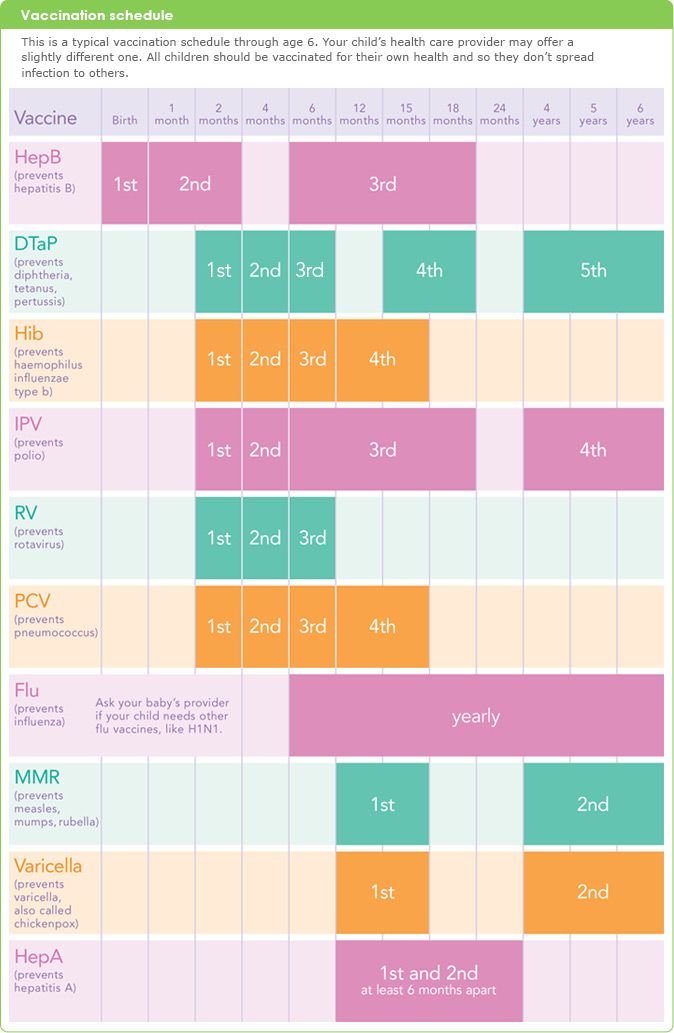
- DTaP – The diphtheria, tetanus and pertussis vaccine requires five doses. The first four are recommended at 2 months, 4 months, 6 months, and between 15 and 18 months old.
- Hib – Depending on the manufacturer of the vaccine, your child may need three or four doses of the haemophilus influenzae type b vaccine. If three doses are needed, shots are given at 2 months, 4 months, and between 12 and 15 months old. If four doses are needed, kids also receive a dose at 6 months old.
- PCV – The pneumococcal vaccine is a series of four doses taking place at 2 months, 4 months, 6 months, and between 12 and 15 months old.
- IPV – The poliovirus vaccine is another four-dose series. The first three are recommended at 2 months, 4 months, and between 6 and 18 months old.
- MMR – The measles, mumps and rubella vaccine is given in two doses. The schedule recommends the first MMR vaccine dose be given between 12 and 15 months old.
- Varicella – The chickenpox vaccine is also given in two doses, with the first shot taking place between 12 and 15 months old.
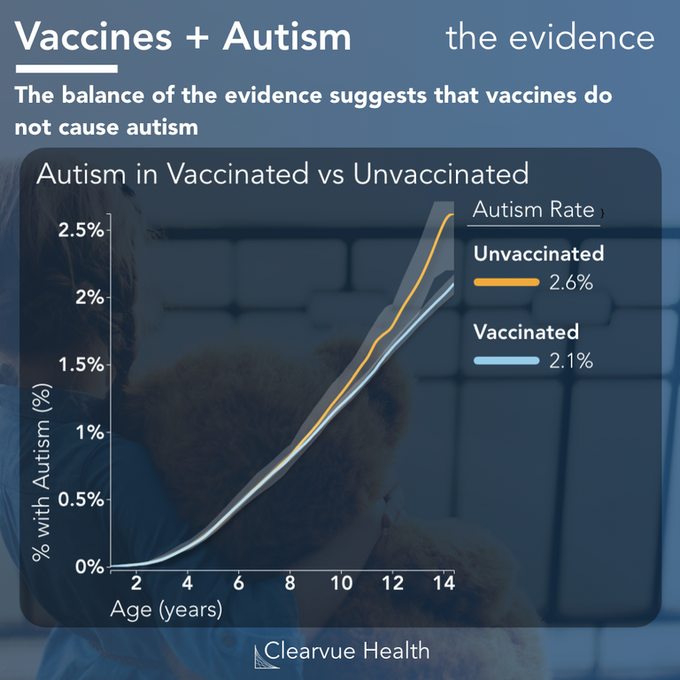
- Hep A – Like several other important vaccines, the hepatitis A vaccine requires two doses. The first dose is recommended at 12 months old.
Recommended childhood vaccines for ages 4 to 6 years old
The recommended shots for kids between the ages of 4 and 6 years old are often called “kindergarten vaccines.” That’s because kids are often required to be up to date on their immunizations to start attending elementary school. No new vaccines are introduced at this time, but oftentimes vaccines are given as combinations.
For example, DTaP and IPV can be given in a single shot. MMR and varicella vaccines can also be combined into a single immunization. These vaccines are just as effective when given together, and it cuts down on the number of shots kids need.
An overview of immunizations for kids ages 4 to 6 years old
- DTaP – The fifth and final diphtheria, tetanus and pertussis vaccine is recommended when your child is between 4 and 6 years old.
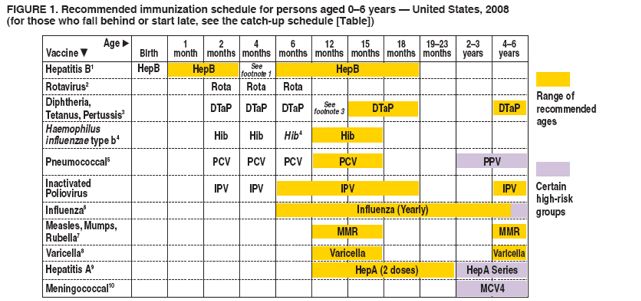
- IPV – The fourth and final poliovirus vaccine is recommended when your child is between 4 and 6 years old.
- MMR – The second and final dose of the measles, mumps and rubella vaccine is also recommended when your child is between 4 and 6 years old.
- Varicella – The second and final dose of the chickenpox vaccine is also recommended when your child is between 4 and 6 years old.
Recommended childhood vaccines for ages 11 to 12 years old
The immunizations that are recommended at this age (“middle school shots”) are for diseases that teens and young adults are at higher risk for – plus one “booster” dose to strengthen immunity for three diseases. Your child’s annual wellness visit or back-to-school checkup is the perfect time to get these vaccines.
An overview of immunizations for kids ages 11 to 12 years old
- Tdap – At this age, this immunization is what’s commonly referred to as a “booster shot” because it boosts your child’s tetanus, diphtheria and pertussis immunity.
 While related to the DTaP vaccine kids receive during childhood, this vaccine is formulated for adolescents and adults.
While related to the DTaP vaccine kids receive during childhood, this vaccine is formulated for adolescents and adults. - MenACWY – The first of two meningococcal vaccine doses is recommended sometime between 11 and 12 years old. This vaccine protects against the most common types of meningococcal bacteria (often the cause of meningitis) that affect adolescents.
- HPV – While in some cases doctors may recommend the human papillomavirus vaccine as early as age 9, this vaccine is routinely recommended to begin between 11 and 12 years old. If the initial vaccination is completed before age 14, just two doses are needed. The second dose should be completed 6 to 12 months after the first dose. (If the initial vaccination is completed at age 15 or older, three doses are needed at specific intervals.)
Recommended immunizations for teens ages 16 to 18 years old
Between the ages of 16 and 18, there is one regularly recommended immunization and one immunization that may be recommended under certain circumstances.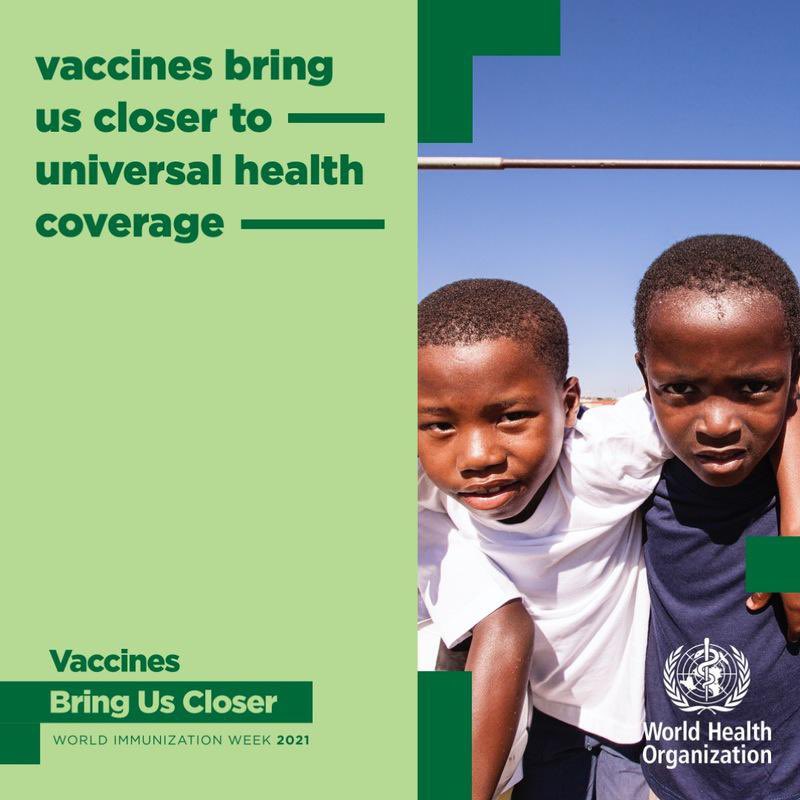
An overview of immunizations for teens ages 16 to 18 years old
- MenACWY – The second and final meningococcal vaccine shot is recommended at 16 years old.
- MenB – The meningococcal B vaccine is recommended under specific circumstances, specifically if a college or university requires students to have this vaccination, or if a bacterial meningitis outbreak has occurred. The vaccine is given in two doses between the ages of 16 and 18. Once the first dose is given, the timing of the second dose is dependent on the manufacturer of the vaccine.
When are COVID-19 vaccines recommended for children and teenagers?
Everyone 6 months old and older can now get the COVID-19 vaccine. While the CDC has not added COVID-19 vaccines to their official childhood or adolescent vaccination schedules, they’re encouraging all eligible kids, teens and adults to be vaccinated as soon as they can.
If you have concerns about vaccinating your child, talk with your child’s doctor or read this resource on COVID-19 vaccines for kids and teens where we answer questions such as:
- Should my child get the COVID-19 vaccine or other recommended vaccines first?
- Can my child receive the COVID-19 vaccine alongside other vaccines?
- How do I talk to my kid or teen about getting a COVID-19 vaccine?
If your child is ready to get the COVID-19 vaccine, you can make an immunization appointment online
What should I do if my child is behind on their vaccination schedule?
Don’t worry. There are catch-up recommendations in place. But since each vaccine has its own guidelines, talk with your child’s doctor to make a plan for getting back on schedule. They can talk with you about your child’s medical and immunization history, give you more information on specific vaccines and catch-up guidelines, and discuss any concerns or questions you may have.
There are catch-up recommendations in place. But since each vaccine has its own guidelines, talk with your child’s doctor to make a plan for getting back on schedule. They can talk with you about your child’s medical and immunization history, give you more information on specific vaccines and catch-up guidelines, and discuss any concerns or questions you may have.
Are there any reasons not to vaccinate my child?
Yes. There are times when some children should not get certain vaccines, or they should wait. For example, if your child has any severe, life-threatening allergies, they’ve had an allergic reaction after a previous dose of vaccines, or they’re moderately or severely ill, their doctor may recommend not getting or delaying a specific vaccination.
When it comes to getting your child vaccinated against COVID-19, you don’t need to delay vaccination unless you, your child or someone in your household is experiencing COVID-19 symptoms.
While staying on track with all immunizations is important, making sure your child has their annual flu shot will be especially important this year. Now that many COVID-19 health and safety guidelines have been removed, your child will likely be spending more time close to others indoors – where flu viruses can thrive during cold and dry winter weather. Flu shots are typically available starting in early September.
Now that many COVID-19 health and safety guidelines have been removed, your child will likely be spending more time close to others indoors – where flu viruses can thrive during cold and dry winter weather. Flu shots are typically available starting in early September.
Questions about when and why to vaccinate your child? Talk with a doctor.
If you have questions, we have answers. We have a team of family medicine doctors and pediatricians who are experts in kids’ health. They can talk with you about specific vaccines, walk you through the vaccination schedule, make recommendations based on your child’s medical and immunization history, and more.
If your child is due for their next round of shots or you need to get them caught up, make an appointment at a HealthPartners or Park Nicollet clinic near you.
Childhood Vaccine Schedule: Vaccines By Age
Your baby will receive their first dose of Hepatitis B (HepB) at birth.What is the childhood immunization schedule?
The childhood immunization schedule, or childhood vaccine schedule, is the list of common vaccines the Centers for Disease Control and Prevention (CDC) recommends most children should receive.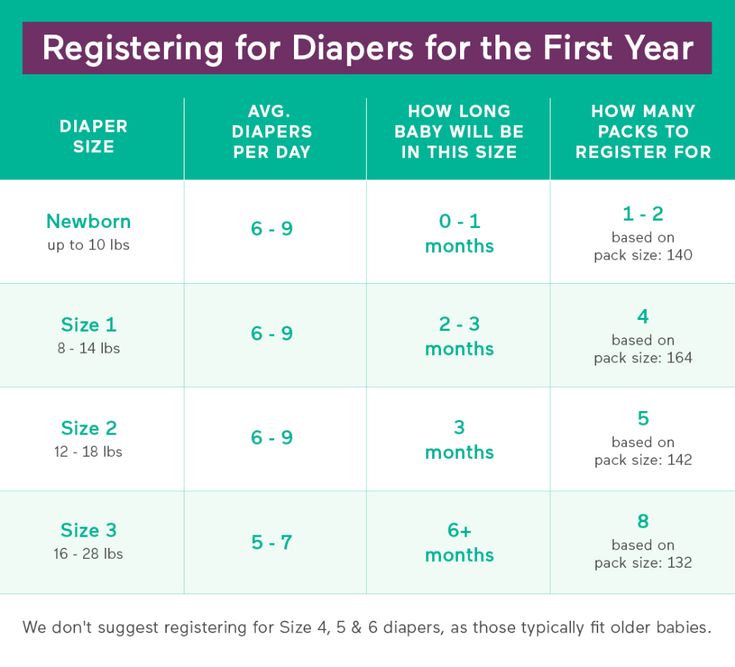 Immunization is a way to protect your child from getting many different infections and diseases. Many of these illnesses spread easily from child to child and can cause serious health problems. They can even cause death.
Immunization is a way to protect your child from getting many different infections and diseases. Many of these illnesses spread easily from child to child and can cause serious health problems. They can even cause death.
When should my child get immunized?
Your child should receive their first doses of most vaccines during their first two years of life. They may need several doses of the vaccines to reach full protection. For example, the CDC recommends children receive their first dose of the measles, mumps and rubella (MMR) vaccine at 12 months of age or older. They should then receive a second dose before entering elementary school (about 4 to 6 years of age). Your baby can get their childhood vaccines at their regularly scheduled well-baby checkups.
How many vaccines do children get?
By the age of 15 months, your baby may receive up to 10 different types of vaccines. The American Academy of Pediatrics recommends all healthy babies receive these initial vaccines.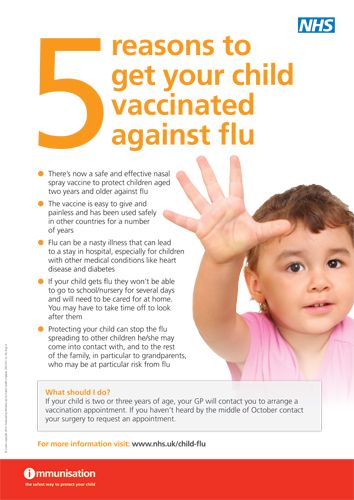 Your child may receive additional doses and other vaccines between the ages of 15 months and 16 years old. If your child has a chronic condition or a weakened immune system, their pediatrician may recommend a different schedule.
Your child may receive additional doses and other vaccines between the ages of 15 months and 16 years old. If your child has a chronic condition or a weakened immune system, their pediatrician may recommend a different schedule.
What are the different types of vaccines?
The following vaccines can help protect your child from serious infection or disease.
Hepatitis B (HepB)
The hepatitis B vaccine can help protect your child against hepatitis B. The newborn vaccine schedule includes three doses of the HepB vaccine. Your newborn will generally receive their first dose within 12 hours of birth. They’ll receive their second dose at 1 to 2 months of age and their third dose between 6 and 18 months of age. Slight variations in this schedule are possible based on the birthing parent’s hepatitis B surface antigen status and the potential use of combination vaccines.
Rotavirus (RV)
The rotavirus vaccine can help protect your child against rotavirus. Rotavirus is a viral infection that can cause fever, vomiting and diarrhea.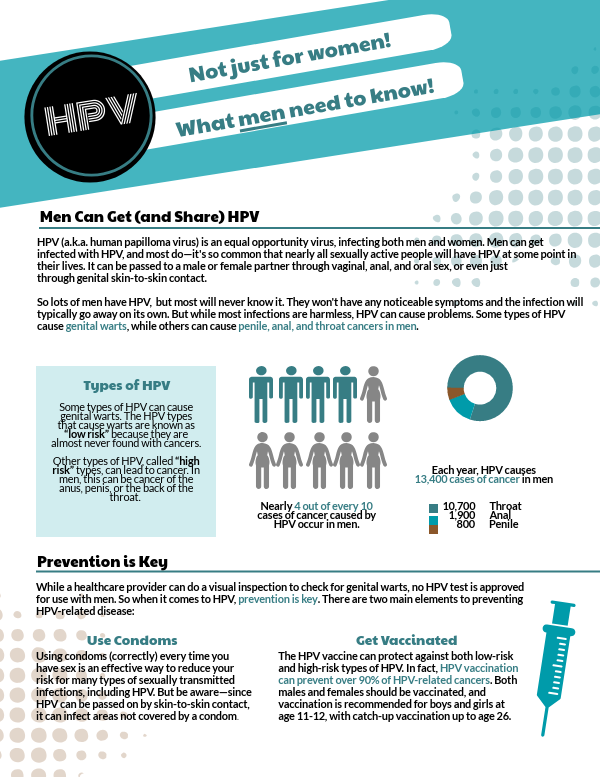 Your child will receive the rotavirus vaccine in two (Rotarix®) or three (RotaTeq®) doses, starting at age 2 months.
Your child will receive the rotavirus vaccine in two (Rotarix®) or three (RotaTeq®) doses, starting at age 2 months.
Diphtheria, tetanus and acellular pertussis (DTaP)
The DTaP vaccine can help protect your child against diphtheria, tetanus and pertussis. Baby vaccines include five doses of the DTaP combination vaccine. Your baby will receive their first dose at 2 months of age and their second at 4 months of age. They’ll receive their third dose at 6 months, their fourth dose between 15 and 18 months of age and their fifth dose between 4 and 6 years of age.
Haemophilus influenzae type b (Hib)The Hib vaccine can help protect your child against the most common type of Haemophilus influenzae bacteria. Your child will receive three to four doses of the Hib vaccine, depending on the brand. They’ll receive their first dose at 2 months of age and their second dose at 4 months of age. They’ll possibly receive a third dose at 6 months of age. They’ll then receive their final dose between 12 and 15 months of age.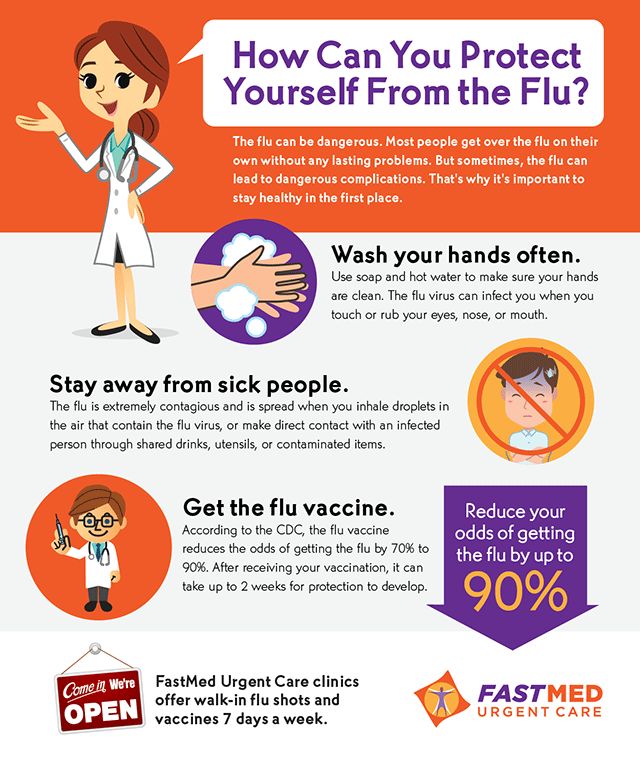 Slight variations in this schedule are possible.
Slight variations in this schedule are possible.
Pneumococcal conjugate (PCV13)
The PCV13 vaccine can help protect your child against pneumococcus bacterial infections. These infections include pneumonia and meningitis. Your child will receive four doses of the PCV13 vaccine. They’ll receive their first dose at 2 months of age and their second dose at 4 months of age. They’ll receive their third dose at 6 months of age and their fourth dose between 12 and 15 months of age.
Inactivated poliovirus (IPV)
The inactivated poliovirus (IPV) vaccine can help protect your child against infections of polio. Your child will receive four doses of the IPV vaccine. They’ll receive their first dose at 2 months of age and their second dose at 4 months of age. They’ll receive their third dose between 6 and 18 months of age and their fourth dose between 4 and 6 years of age.
Influenza
The influenza virus vaccine can help protect your child against the flu (influenza). Your child may get the influenza vaccine each year. They may receive one or two doses. They may receive their first dose at 6 months old and their second dose at least 1 month later.
Your child may get the influenza vaccine each year. They may receive one or two doses. They may receive their first dose at 6 months old and their second dose at least 1 month later.
Measles, mumps and rubella (MMR)
The measles, mumps and rubella (MMR) vaccine can help protect your child against measles, mumps and rubella. Your child will receive two doses of the MMR combination vaccine. They’ll receive their first dose between 12 and 15 months of age and their second dose between 4 and 6 years of age. The MMR vaccine may be combined with the VAR vaccine (MMRV).
Varicella (VAR)
The chickenpox (varicella) vaccine can help protect your child against chickenpox. Your child will receive two doses of the varicella vaccine. They’ll receive their first dose between 12 and 15 months of age and their second dose between 4 and 6 years of age. The varicella vaccine may be combined with the MMR vaccine (MMRV).
Hepatitis A (HepA)
The hepatitis A vaccine can help protect your child against hepatitis A.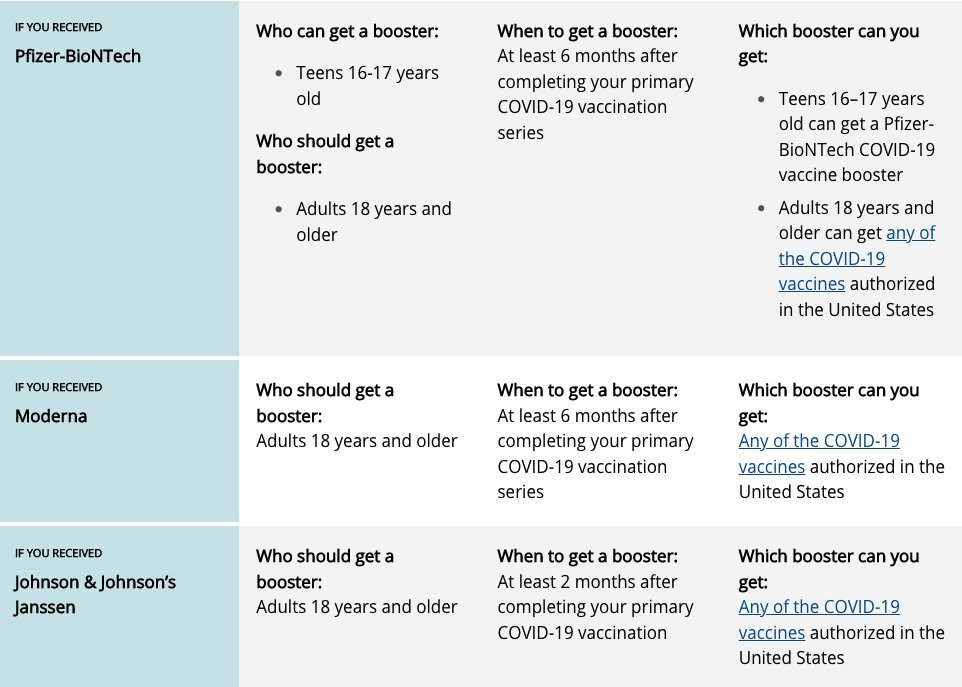 Hepatitis A is a type of liver disease. Your child will receive the HepA vaccine as a two-dose series. Your child will receive their first dose between 12 and 23 months and their second dose at least six months later.
Hepatitis A is a type of liver disease. Your child will receive the HepA vaccine as a two-dose series. Your child will receive their first dose between 12 and 23 months and their second dose at least six months later.
Human papillomavirus (HPV)
The HPV vaccine can help protect your child against diseases caused by certain types of human papillomavirus (HPV). These diseases include:
- Precancerous cervical, vaginal and vulvar lesions.
- Genital warts.
- Cancers including cervical cancer, anal cancer, penile cancer and head and neck cancer.
If your child is aged 15 or over, they’ll receive the HPV vaccine in three doses. They’ll receive their second dose two months after their first dose. They’ll receive their final dose six months after their first dose.
Children who start the HPV vaccine before they turn 15 years old only need two doses, given six to 12 months apart. This is because younger immune systems generate more immunity.
Meningococcal
The meningococcal vaccine can help protect your child against meningococcal disease.![]() Meningococcal disease is a serious bacterial infection that can cause meningitis. Meningitis is severe swelling of your brain and spinal cord. It can also lead to sepsis, a dangerous and potentially life-threatening blood infection.
Meningococcal disease is a serious bacterial infection that can cause meningitis. Meningitis is severe swelling of your brain and spinal cord. It can also lead to sepsis, a dangerous and potentially life-threatening blood infection.
Other vaccines
Your child’s pediatrician may recommend additional vaccines if your child is at a high risk of certain infections or diseases. They’ll also provide a revised vaccination schedule if your child has missed any vaccine doses during their recommended time frames.
What ages do kids get shots?
The infant vaccine schedule starts at birth. Your newborn will receive their first shots within their first months of life. Your child may receive certain vaccines within a range of ages. The following represents one recommended child vaccine schedule. Your child’s pediatrician may follow different guidelines. You should speak with your child’s pediatrician about which vaccines your child should receive and when. The recommended vaccines by age include:
Birth vaccine
Vaccines for babies include their first doses of Hepatitis B (HepB).
- Hepatitis B (HepB).
1- to 2-month vaccine
- Hepatitis B (HepB).
2-month vaccines
Babies get several shots at 2 months of age. The DTaP vaccine schedule starts at 2 months. Your baby will get their first dose of:
- Rotavirus (RV).
- Diphtheria, tetanus and acellular pertussis (DTaP).
- Haemophilus influenzae type B (Hib).
- Pneumococcal conjugate (PCV13).
- Inactivated poliovirus (IPV).
4-month vaccines
For their 4-month shots, babies get a second dose of the vaccines they received at their 2-month appointment. These include:
- Rotavirus (RV).
- Diphtheria, tetanus and acellular pertussis (DTaP).
- Haemophilus influenzae type B (Hib).
- Pneumococcal conjugate (PCV13).
- Inactivated poliovirus (IPV).
6-month vaccines
At 6 months of age, your child may start to receive the influenza vaccine annually. In addition, your child may or may not need a third dose of the RV and Hib vaccines, depending on the brand your child’s healthcare provider used for their previous doses.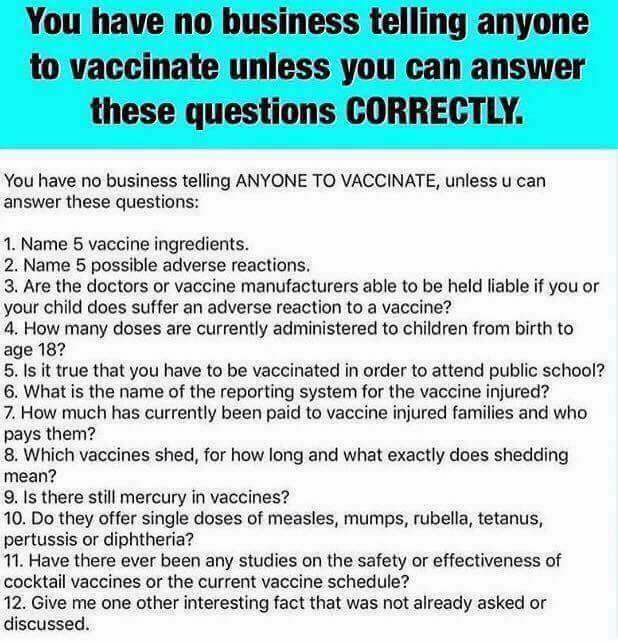
- Influenza.
- Rotavirus (RV).
- Haemophilus influenzae type B (Hib).
- Diphtheria, tetanus and acellular pertussis (DTaP).
- Pneumococcal conjugate (PCV13).
6- to 18-month vaccines
The timing of your baby’s third dose of these vaccines will depend on their healthcare provider’s recommendation. Six- to 18-month shots may include:
- Hepatitis B (HepB).
- Inactivated poliovirus (IPV).
12- to 15-month vaccines
Your child will receive their first dose of MMR and varicella after they’ve hit their first birthday. Twelve- to 15-month shots include:
- Measles, mumps and rubella (MMR).
- Varicella (VAR).
- Haemophilus influenzae type B (Hib).
- Pneumococcal conjugate (PCV13).
12- to 23-month vaccine
Your baby’s 12-month vaccines may include the first in a two-dose series of hepatitis A. They may receive the second vaccine at 2 years old.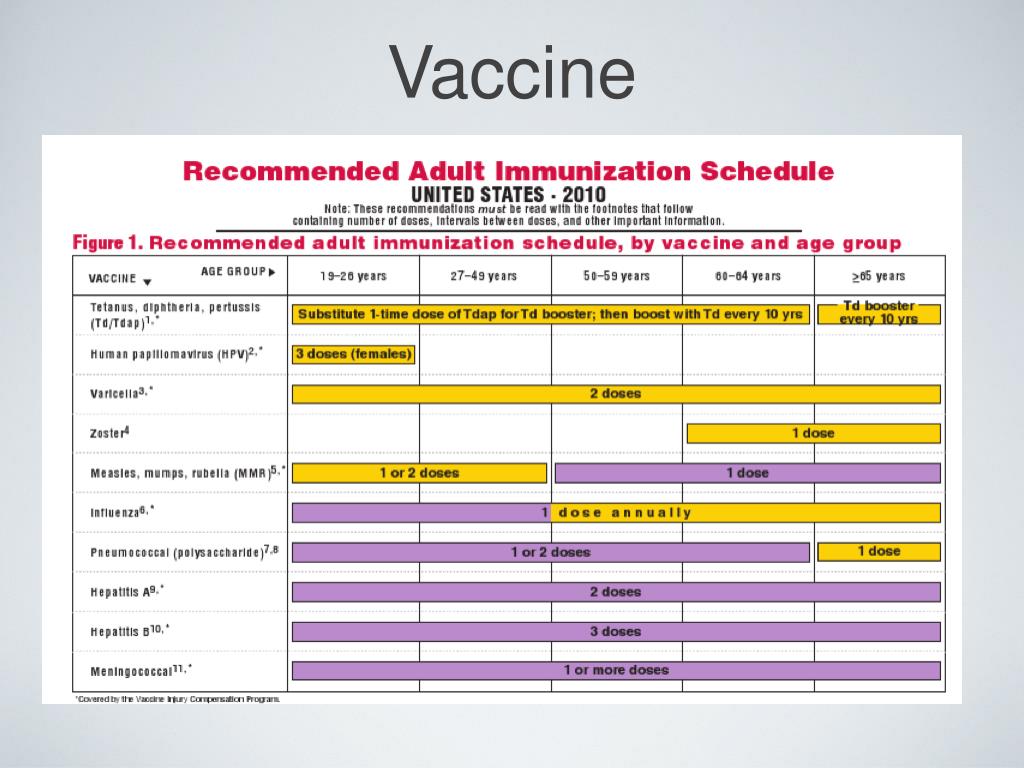
- Hepatitis A (HepA).
15- to 18-month vaccine
Your baby will receive one shot during this time frame, their fourth dose of DTaP.
- Diphtheria, tetanus and acellular pertussis (DTaP).
4- to 6-year vaccines
Between 4 and 6 years old, your child may receive the following shots:
- Diphtheria, tetanus and acellular pertussis (DTaP).
- Inactivated poliovirus (IPV).
- Measles, mumps and rubella (MMR).
- Varicella (VAR).
11- to 12-year vaccines
Your child gets to wait a bit before their next round of vaccines.
- Tetanus, diphtheria and acellular pertussis (Tdap) booster.
- Human papillomavirus (HPV).
- Meningococcal.
16-year vaccine
Your 16-year-old should receive their second dose of meningococcal.
- Meningococcal.
Are the vaccines safe?
Yes. Vaccines for childhood diseases are very safe. Sometimes, a vaccine will cause mild side effects such as a sore arm or leg or a low fever. A bad side effect isn’t likely to happen. Childhood diseases are a greater health risk to children than vaccines are. Ask your child’s healthcare provider to tell you about the risks and side effects.
A bad side effect isn’t likely to happen. Childhood diseases are a greater health risk to children than vaccines are. Ask your child’s healthcare provider to tell you about the risks and side effects.
When shouldn’t my child be vaccinated?
In a few cases, it's better to wait to get a vaccine. Some children who are very sick shouldn’t get a vaccine at all. Reasons your child should wait or not get a vaccine may include:
- Being sick with something more serious than a cold.
- Having a bad reaction after the first dose of a vaccine.
- Having sudden jerky body movements (convulsions), possibly caused by a vaccine.
What vaccinations are given before school at the age of 7
School for a child is a completely new stage in his life. During this period, the baby especially needs support and care.
Studying carries not only psychological and physical stress, it can also affect the health of a child who has not yet adapted to new conditions.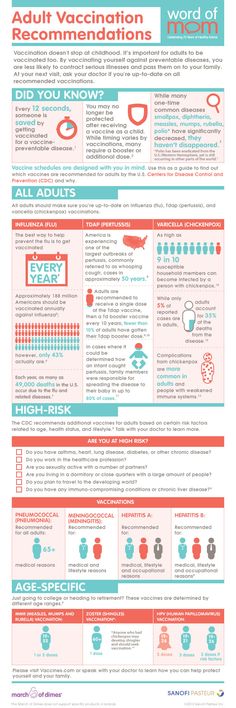 In addition, at school, as a place where a large number of children gather, there is a risk of infection with various infections.
In addition, at school, as a place where a large number of children gather, there is a risk of infection with various infections.
School is a place where infections can spread very quickly. Therefore, infections with high contagiousness, such as influenza, measles, rubella, parotitis (mumps), and chicken pox, become especially dangerous here. Vaccinations are meant to help prevent them, however, it is important to remember that only a doctor can determine the correct vaccination schedule and, if necessary, make appropriate recommendations.
According to the National immunization calendar (Order of the Ministry of Health of the Russian Federation of March 21, 2014 N 125n National immunization calendar of the Russian Federation and the immunization schedule for epidemic indications), by age At 6-7 years of age, the child should receive the following routine vaccinations:
-
four vaccinations against pertussis, diphtheria, tetanus at 3-4.
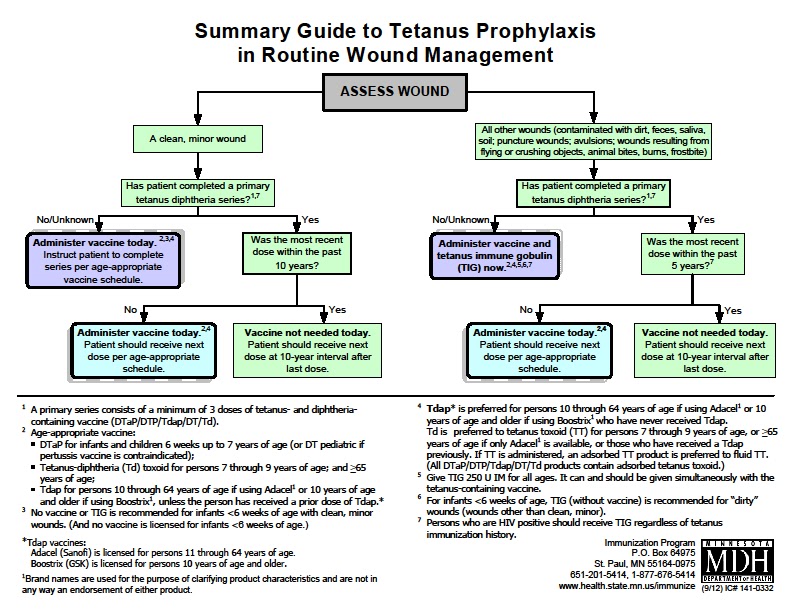 5-6 and 18 months of age,
5-6 and 18 months of age, -
five vaccinations against poliomyelitis at 3-4.5-6, 18 and 20 months of age;
-
one vaccination against measles, rubella, mumps and three vaccinations against hepatitis B;
-
from the age of 6 months, the child is recommended to be vaccinated against influenza annually.
At the age of 6-7 years, before entering a new team (school), a series of re-vaccinations (revaccinations) is carried out according to the National calendar:
To further protect your child, you can discuss vaccinations against other infections with your doctor, such as chickenpox, pneumococcal infection, influenza, hepatitis A.
In addition, in accordance with the National Immunization Schedule, in regions endemic for viral tick-borne encephalitis, before the onset of spring, children are vaccinated against tick-borne encephalitis.
Chickenpox
Chickenpox is highly contagious, can be severe, and a school outbreak usually requires quarantine.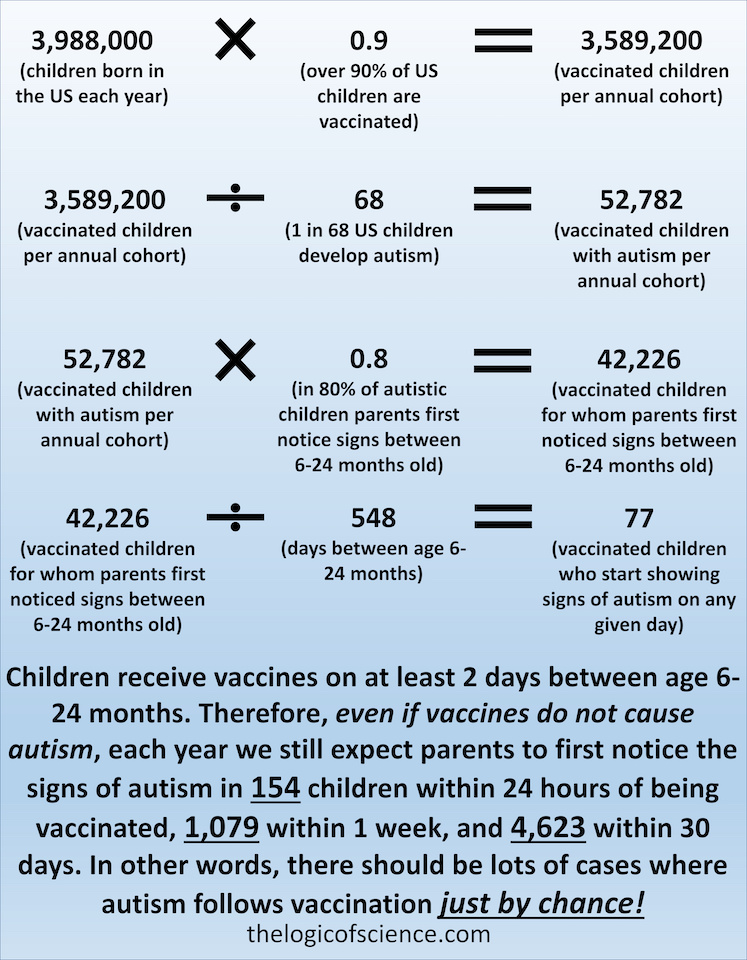 For students, this means missing classes.
For students, this means missing classes.
Pneumococcal
Such vaccination is generally recommended for children with chronic illnesses and those who are often ill to reduce the risk of developing severe respiratory infections.
Flu
This vaccination is carried out annually in the fall. Influenza can be severe and have complications in the form of pneumonia.
Hepatitis A (infectious jaundice, dirty hands disease)
At school, children often begin to use the cafeteria and public toilets for the first time, which increases the risk of intestinal infections, which include hepatitis A.
Show sources
2022 vaccination schedule for children
I have been blogging about vaccinations since 2018. During this time, about 400 publications and more than 120 thousand readers appeared in it.
Antonina Oblasova
knows everything about vaccinations
Author profile
This year, together with two like-minded people, we founded the non-profit organization Collective Immunity.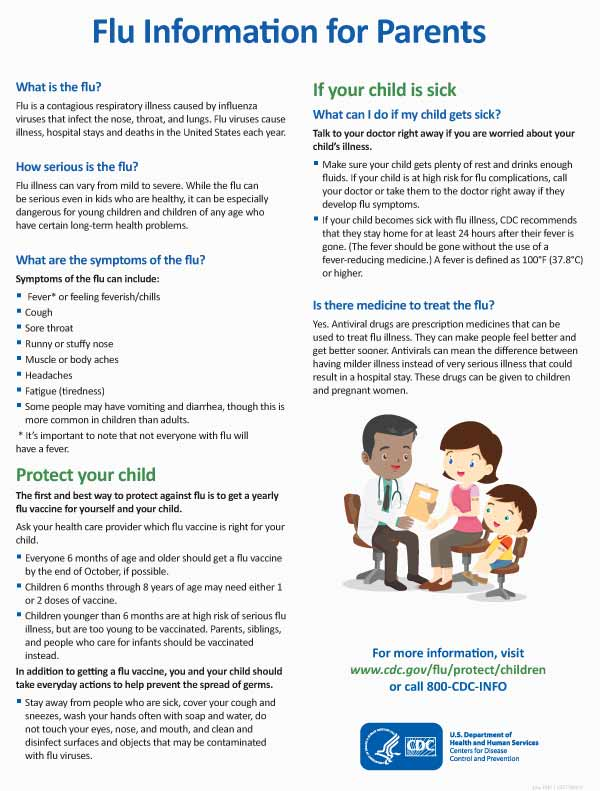 Its goal is to support and develop vaccine prevention in Russia, help parents understand this issue and defend the rights of their children to be protected from infections.
Its goal is to support and develop vaccine prevention in Russia, help parents understand this issue and defend the rights of their children to be protected from infections.
In this article, I will tell you about which infections children in Russia can be vaccinated against, which of them are available free of charge at the clinic, which you will have to pay for, and what difficulties you may encounter in the process of childhood vaccination. As examples, there are real cases from the life of readers of my blog.
Go see a doctor
Our articles are written with love for evidence-based medicine. We refer to authoritative sources and go to doctors with a good reputation for comments. But remember: the responsibility for your health lies with you and your doctor. We don't write prescriptions, we make recommendations. Relying on our point of view or not is up to you.
What is vaccination
Vaccination is a way to get immunity to an infection without getting sick.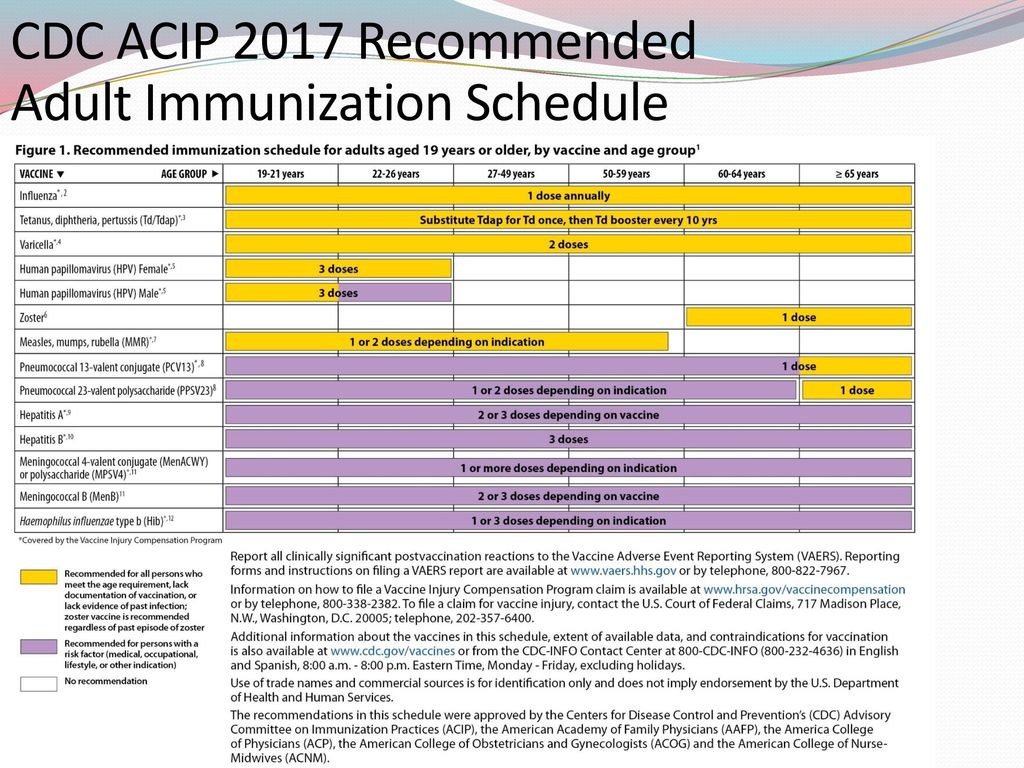 Even contagious diseases that can be treated with antibiotics often do not go according to plan and can worsen long-term health. They are especially dangerous for children: before the widespread introduction of vaccination, many of them died of smallpox, diphtheria or whooping cough before they reached the age of five. Today such cases are rare.
Even contagious diseases that can be treated with antibiotics often do not go according to plan and can worsen long-term health. They are especially dangerous for children: before the widespread introduction of vaccination, many of them died of smallpox, diphtheria or whooping cough before they reached the age of five. Today such cases are rare.
Vaccinations are available against a wide variety of infections, including exotic ones, such as Japanese encephalitis. There are also vaccinations against diseases well known from history textbooks, such as plague and cholera. But for any parent, the diseases that their child - and they themselves - may encounter in everyday life are much more relevant.
Most of these diseases are mentioned in a document called "The National Immunization Calendar of the Russian Federation". It defines the list of infections that can be vaccinated against at public expense.
Order of the Ministry of Health of the Russian Federation No. 125n "On approval of the national calendar of preventive vaccinations and the calendar of preventive vaccinations according to epidemic indications"
However, this list is far from complete. With the help of vaccinations, a child can be protected from a greater number of infections. The problem is that parents often find out about vaccines for meningococcus or chickenpox after the child is sick.
With the help of vaccinations, a child can be protected from a greater number of infections. The problem is that parents often find out about vaccines for meningococcus or chickenpox after the child is sick.
What vaccinations can be done in the clinic for free
There are 11 infectious diseases in the national calendar, against which every child in our country can be vaccinated for free in a maternity hospital or children's clinic. Most of these vaccinations occur at the age of up to a year, another part is done at 15-20 months.
What vaccinations will the child get free of charge
| Disease | At what age do they get vaccinated | |||||||||||||||||||||||||
|---|---|---|---|---|---|---|---|---|---|---|---|---|---|---|---|---|---|---|---|---|---|---|---|---|---|---|
| Hepatitis B | B 0; one; 6 months for normal children B 0; one; 2; 12 months for children at risk | |||||||||||||||||||||||||
| Tuberculosis | Days 3-7 of life | |||||||||||||||||||||||||
| Pneumococcal infection | B2; 4.5; 15 months | |||||||||||||||||||||||||
| Whooping cough | B 3; 4.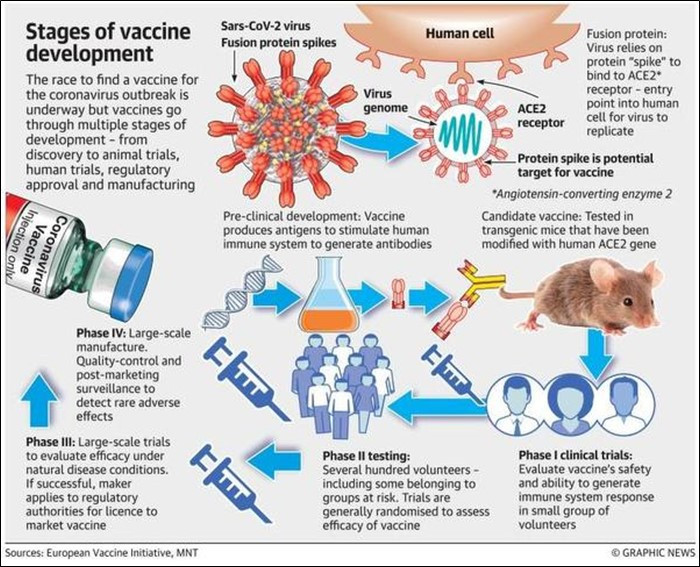 5; 6; 18 months 5; 6; 18 months | |||||||||||||||||||||||||
| Diphtheria | B 3; 4.5, 6; 18 months | |||||||||||||||||||||||||
| Tetanus | B 3; 4.5; 6; 18 months In addition to this list, some children may also receive the Haemophilus influenzae type B vaccine. This vaccine is available for children:
In addition, children from these categories, instead of the live polio vaccine prescribed by the national calendar in the form of drops in the mouth, should be given an inactivated one - by injection into the thigh or shoulder. /baby-cost/ How much does a child cost in the first year How to be healthy and rich We tell you how to choose a good doctor and not pay for unnecessary tests. Twice a week - in your mail along with other articles about money. Other things you can get vaccinated againstOn their own initiative, parents can give their children a few more shots during the first two years of life. You almost always have to pay for them out of your own pocket. These vaccinations are not included in the national calendar, but it is important for a parent to know about them.
What else can a child be vaccinated against: vaccination table for children under one year old by months
of these.
|
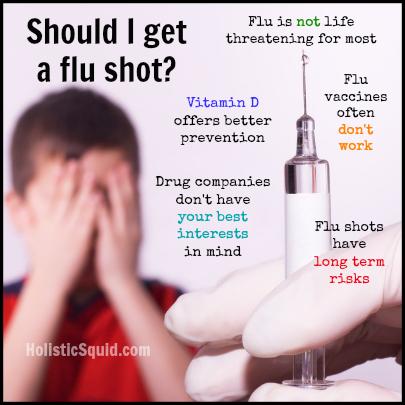
 Subscribe it's free
Subscribe it's free 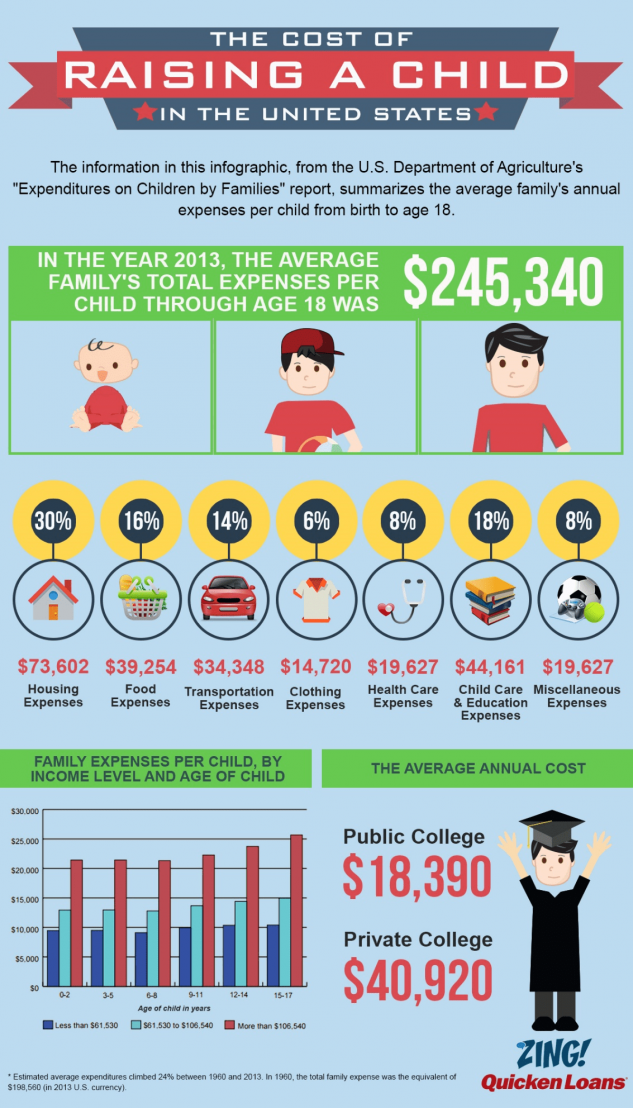 vaccinations can be given to the child additionally:
vaccinations can be given to the child additionally: 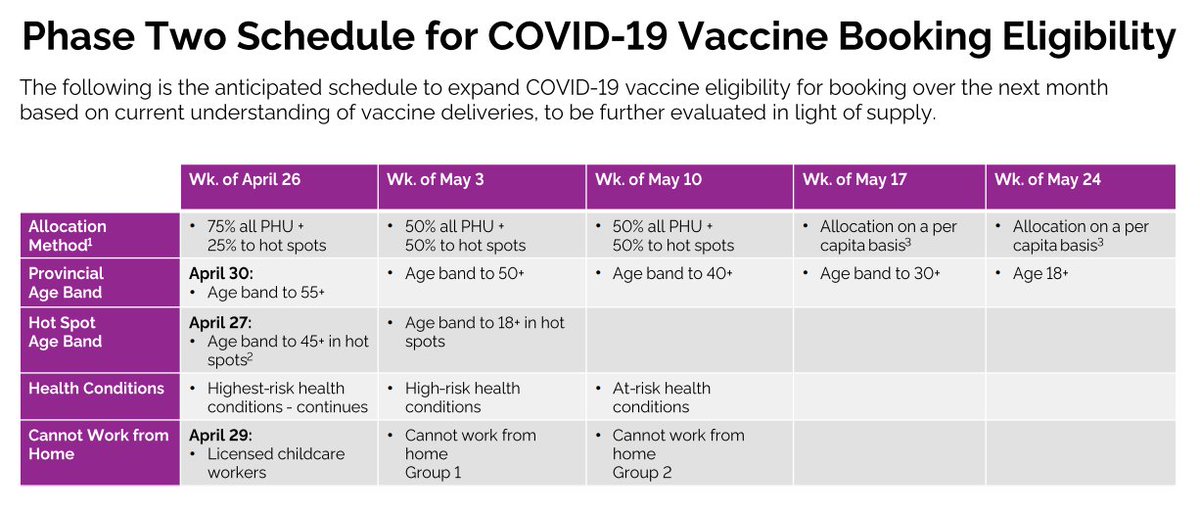 In the polyclinic, you will be offered to give two injections and, in addition, to instill the vaccine in the form of drops into your mouth, and to be vaccinated against hemophilic infection separately in a private clinic is plus one more injection.
In the polyclinic, you will be offered to give two injections and, in addition, to instill the vaccine in the form of drops into your mouth, and to be vaccinated against hemophilic infection separately in a private clinic is plus one more injection. 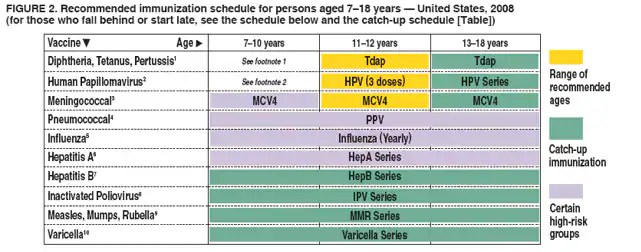 At the same time, the deviation in the state of health, which was revealed by the doctor, is not an objective reason for refusing to be vaccinated
At the same time, the deviation in the state of health, which was revealed by the doctor, is not an objective reason for refusing to be vaccinated 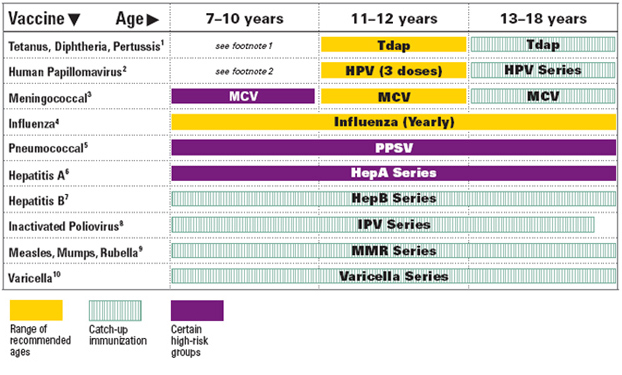
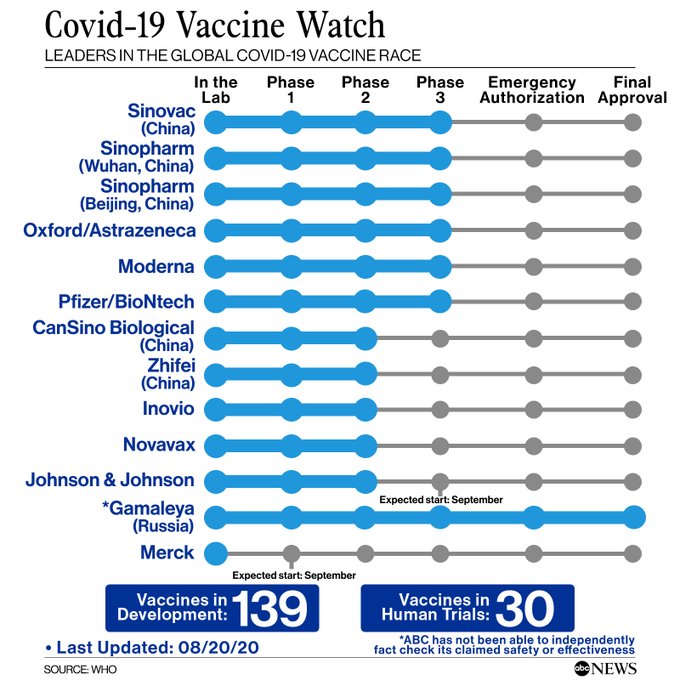
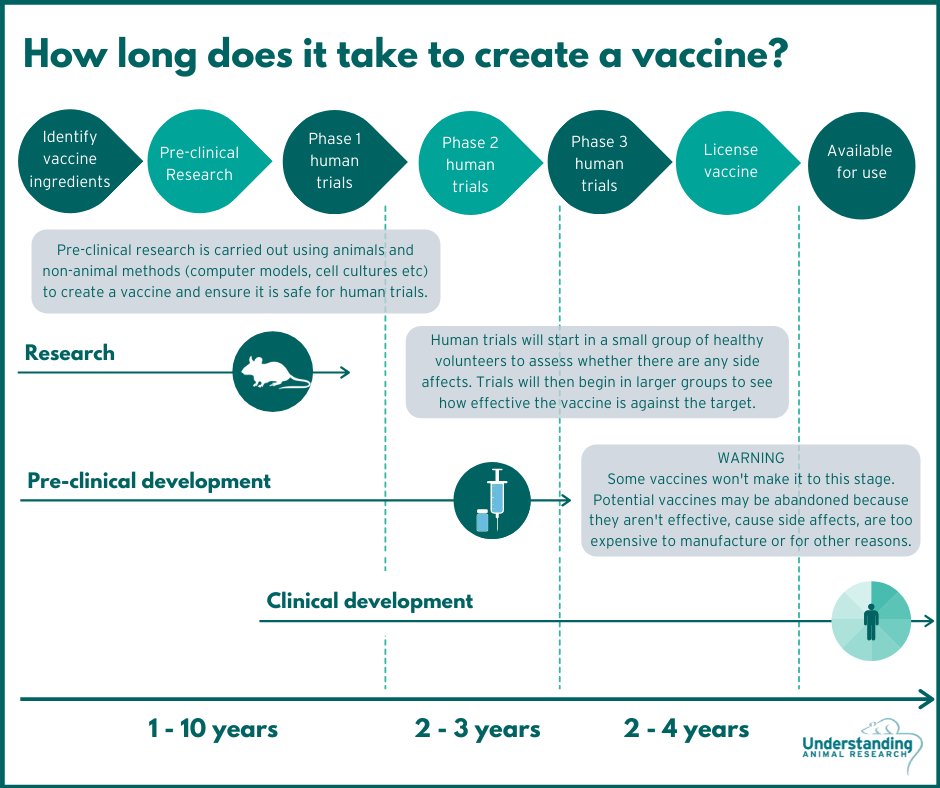 Before you go with your child for a paid vaccination, just in case, check with your local pediatrician if it is possible to get one or another vaccination for free. If he doesn't know, go directly to the vaccination office and ask there. You can also try to find out this question from an immunologist or an infectious disease specialist.
Before you go with your child for a paid vaccination, just in case, check with your local pediatrician if it is possible to get one or another vaccination for free. If he doesn't know, go directly to the vaccination office and ask there. You can also try to find out this question from an immunologist or an infectious disease specialist. 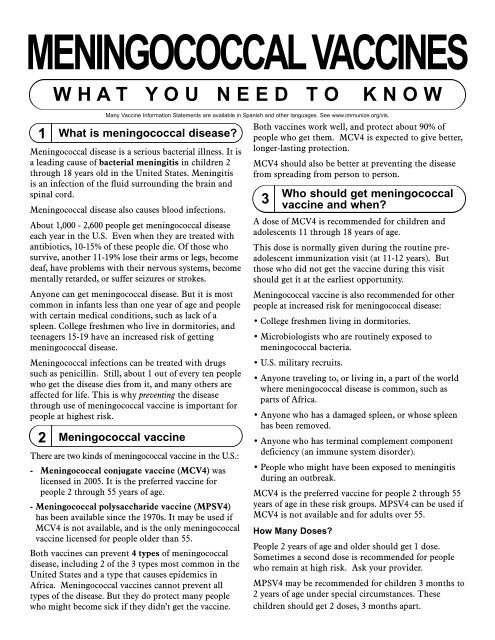
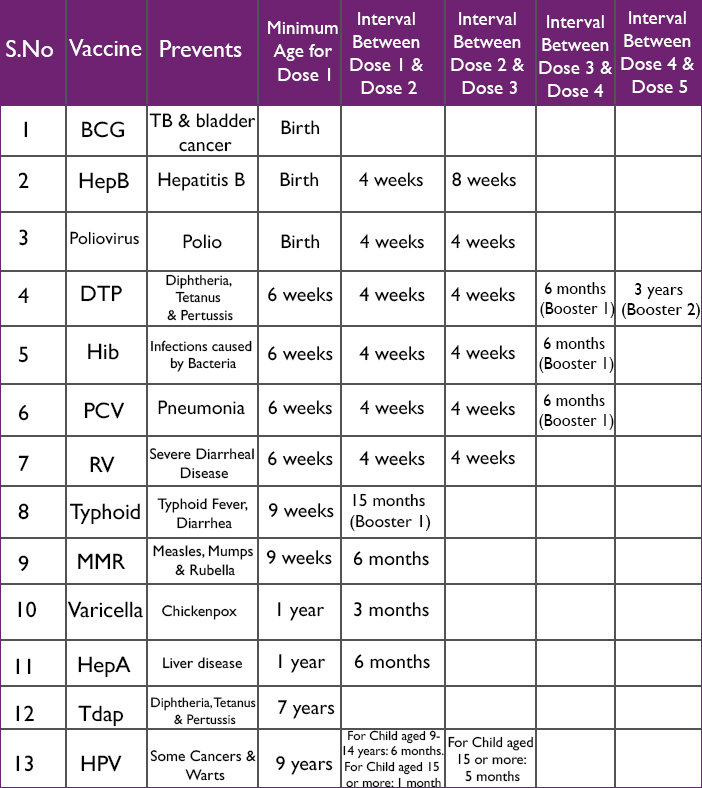 If for some reason the vaccines available at the clinic do not suit you, it is not necessary to spend money on a visit to a private clinic. By law, you can buy an analogue in a pharmacy and bring it to a clinic so that the vaccine is administered to a child there. It is cheaper than getting vaccinated at a private center.
If for some reason the vaccines available at the clinic do not suit you, it is not necessary to spend money on a visit to a private clinic. By law, you can buy an analogue in a pharmacy and bring it to a clinic so that the vaccine is administered to a child there. It is cheaper than getting vaccinated at a private center. 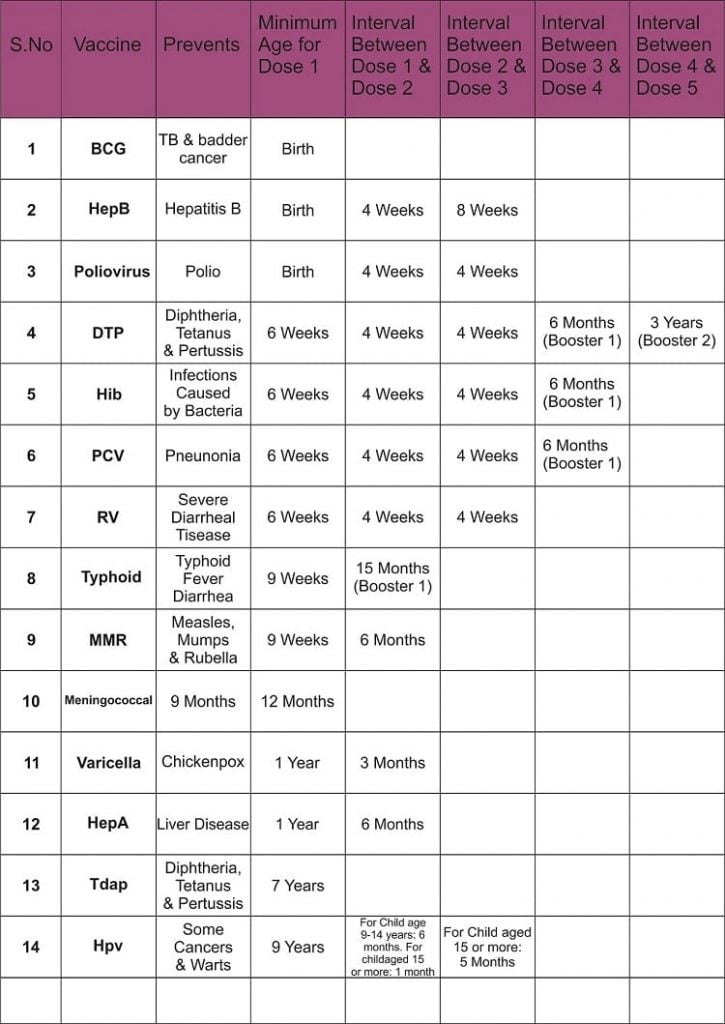 If the clinic staff flatly refuses to administer to the child any vaccines other than those prescribed by the MHI, there is another way to combine private and public vaccination services.
If the clinic staff flatly refuses to administer to the child any vaccines other than those prescribed by the MHI, there is another way to combine private and public vaccination services.  Most likely, they will not give you an additional dose of Prevenar for free in the clinic. You will have to buy it at your own expense and administer it either at a clinic by agreement with a doctor, or at a private medical center.
Most likely, they will not give you an additional dose of Prevenar for free in the clinic. You will have to buy it at your own expense and administer it either at a clinic by agreement with a doctor, or at a private medical center. 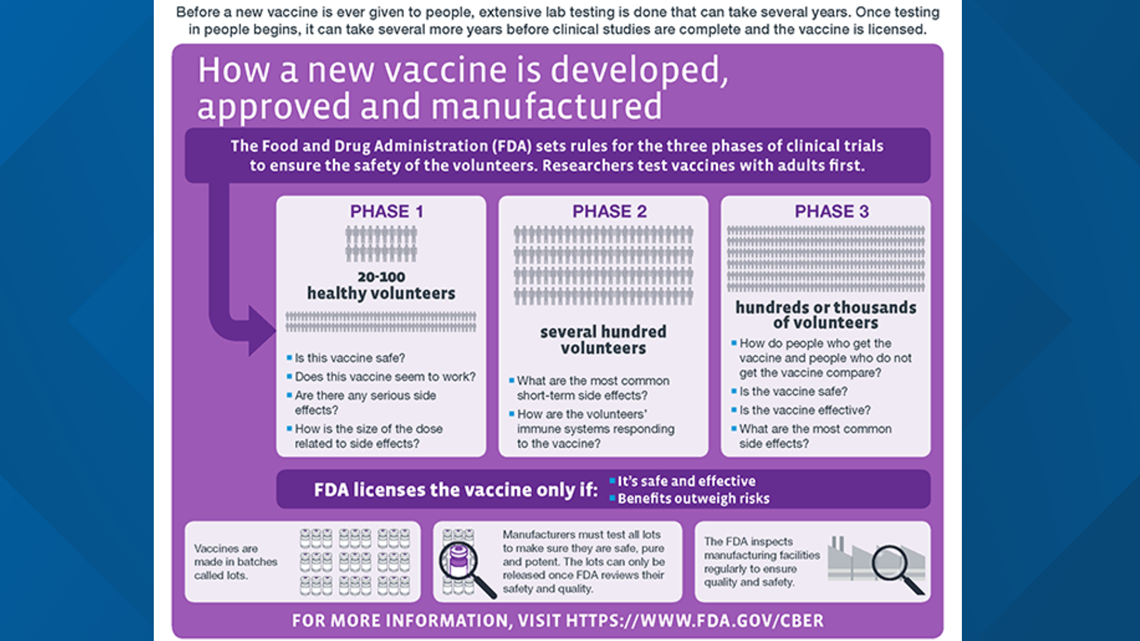
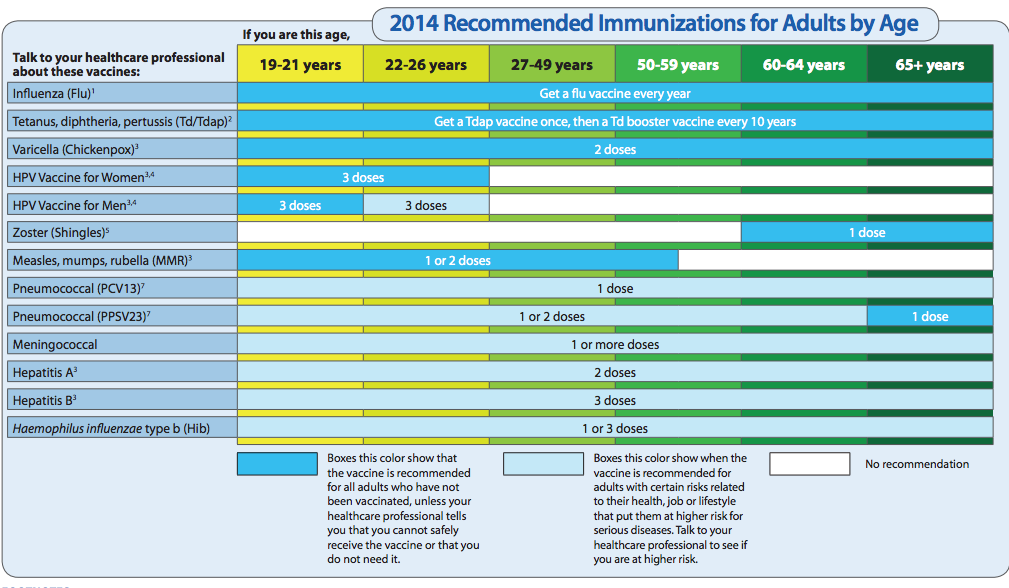
 The reader knew about this and enlightened the nurse. She replied: “I don’t know anything, that’s how we were taught,” and in front of the patient, she threw all the Varilrix packages into the trash can.
The reader knew about this and enlightened the nurse. She replied: “I don’t know anything, that’s how we were taught,” and in front of the patient, she threw all the Varilrix packages into the trash can. 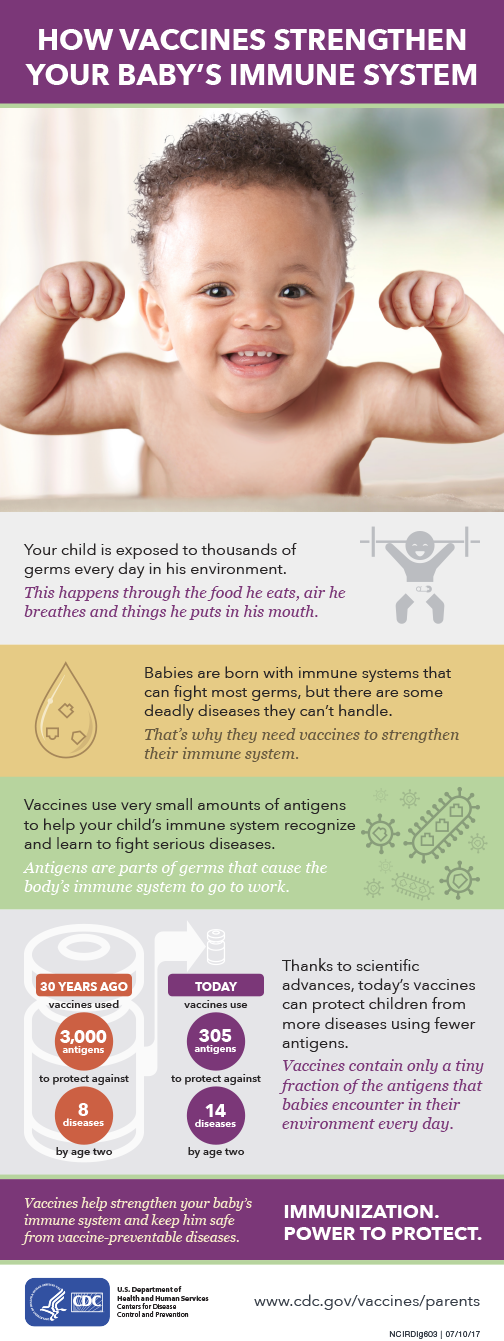 A child may be denied vaccination for a variety of reasons. A common cause is asymptomatic abnormalities in test results, benign neonatal jaundice, mild SARS. Atopic dermatitis, suspected allergy, history of prematurity, or neurological features can also cause long-term refusal of vaccination. Such medical exemptions from vaccinations often indicate the incompetence of a pediatrician.
A child may be denied vaccination for a variety of reasons. A common cause is asymptomatic abnormalities in test results, benign neonatal jaundice, mild SARS. Atopic dermatitis, suspected allergy, history of prematurity, or neurological features can also cause long-term refusal of vaccination. Such medical exemptions from vaccinations often indicate the incompetence of a pediatrician. 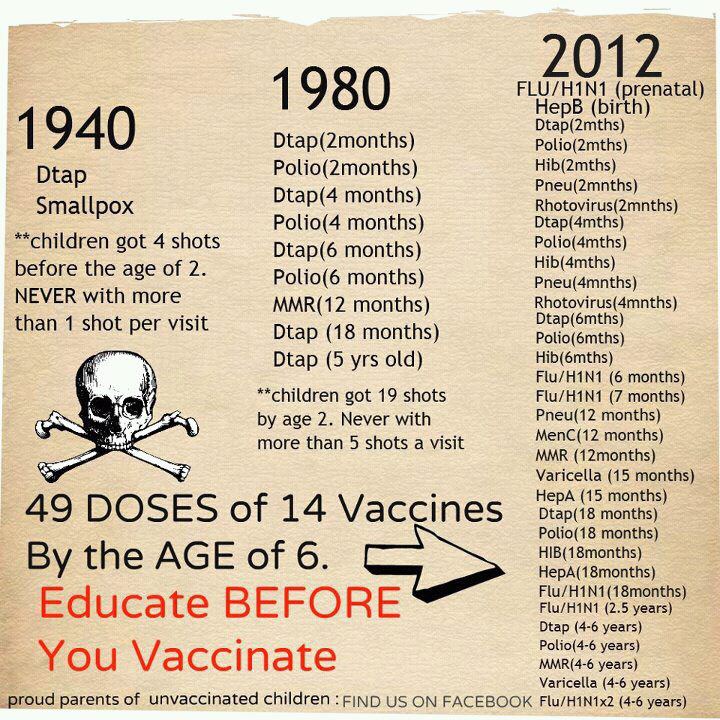
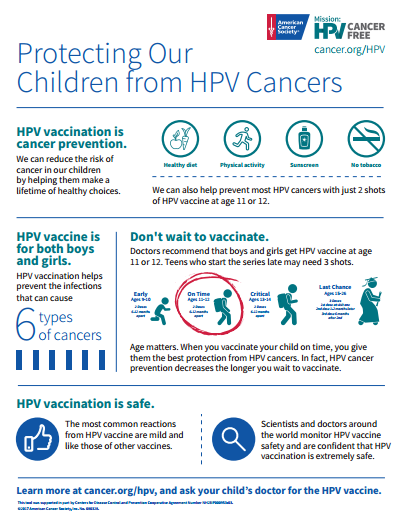 For example, here is the instruction for the Pentaxim vaccine on the manufacturer's website, it is also on the GRLS website.
For example, here is the instruction for the Pentaxim vaccine on the manufacturer's website, it is also on the GRLS website. 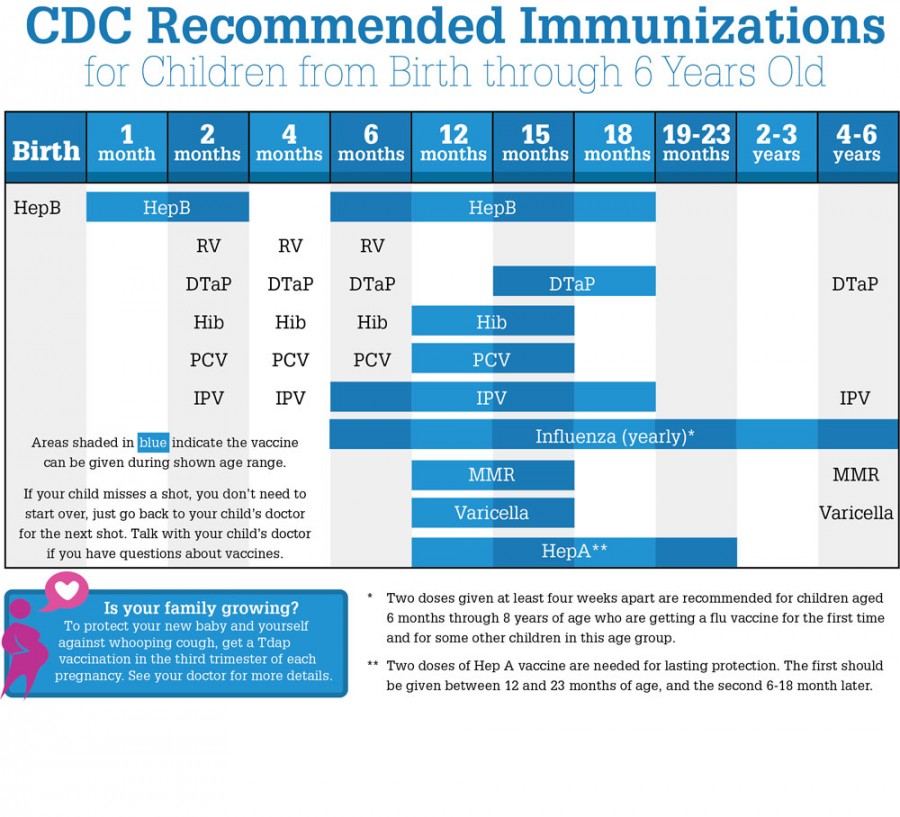
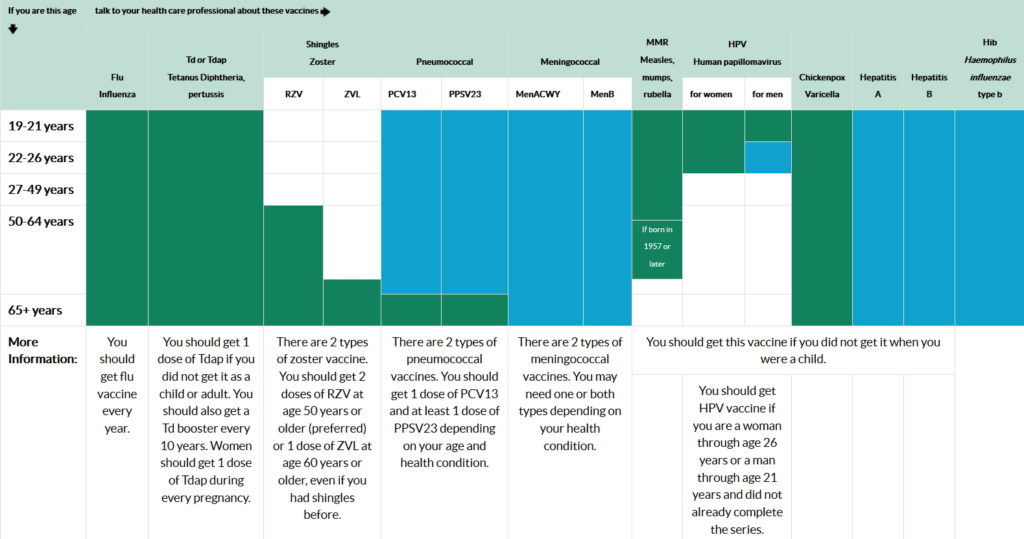 This provokes unnecessary fears and anxieties, and in some cases, in principle, disappoints parents in the idea of vaccination.
This provokes unnecessary fears and anxieties, and in some cases, in principle, disappoints parents in the idea of vaccination. 